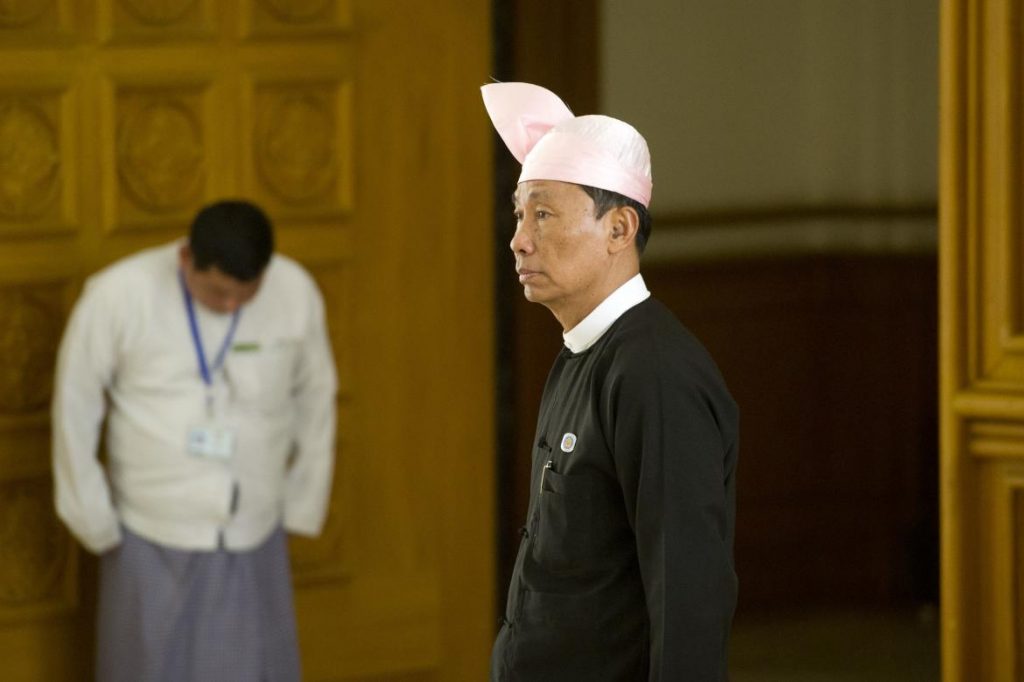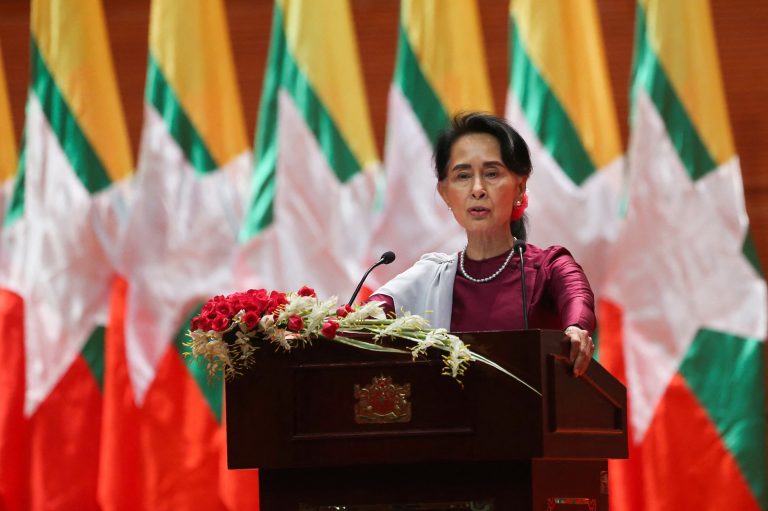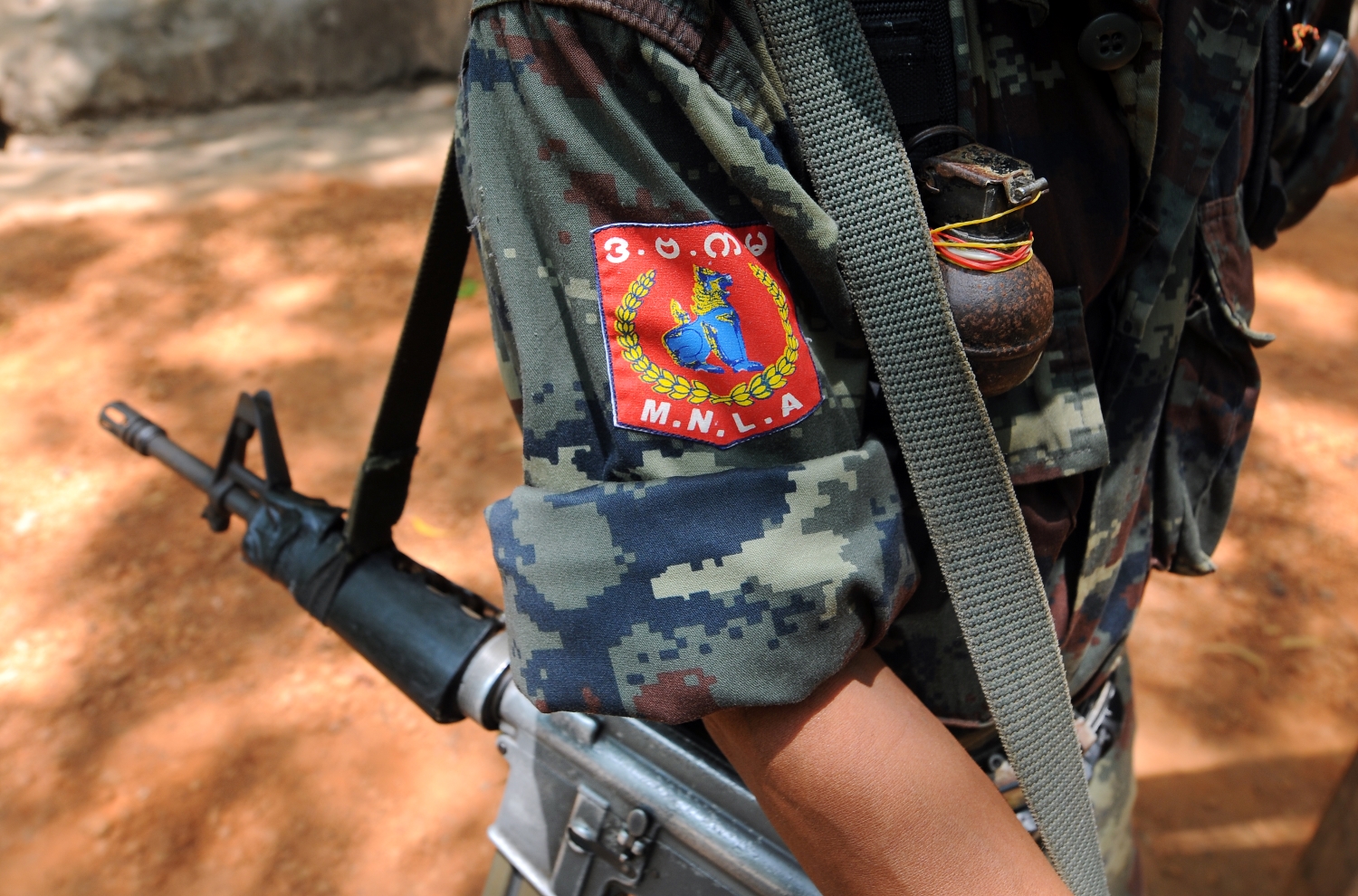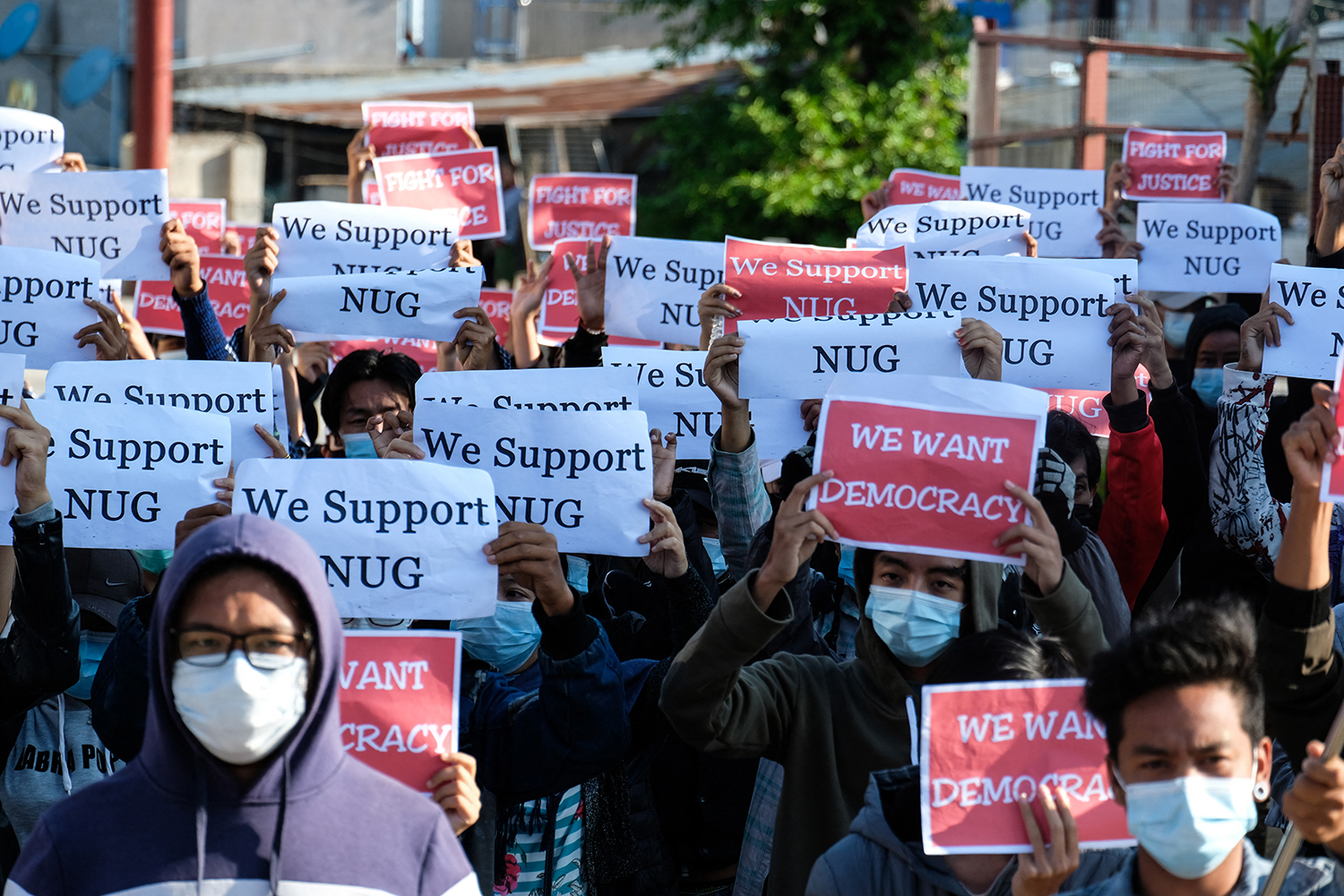The coming weeks will be critical for the political future of Thura U Shwe Mann, one of the most powerful and controversial figures in the previous parliament.
By SITHU AUNG MYINT | FRONTIER
The new parliament dominated by the National League for Democracy convened on February 1 and the term of President U Thein Sein’s government will end on March 30. The NLD will take the reins of power from the Union Solidarity and Development Party on April 1. As preparations continue on both sides for the transition there is intense speculation over the future of one of the most powerful figures in the outgoing parliament, Speaker Thura U Shwe Mann, who was spectacularly ousted as USDP chairman last August in a coup engineered by party hardliners. Will action be taken against him by the outgoing government in its remaining weeks in power? Or will his political future be assured by being appointed to a senior post in the NLD government?
Although he was ousted from the USDP party chairmanship, Thura U Shwe Mann was able to retain his seat in parliament with the backing of factional supporters, despite an impeachment move. Is he still a member of the USDP and its executive committee? Nobody knows, including himself.
There is fierce rivalry in the USDP between the factions that support Thura U Shwe Mann and U Thein Sein. Its origins lay in Thura U Shwe Mann’s long-held ambition to become president. The 2008 Constitution was carefully drafted to ensure that the Tatmadaw and USDP MPs cooperated in selecting the president so the country would be run by a succession of generals and former generals. In choosing a president, it was the Tatmadaw that decided rather than the USDP.
In pursuit of his presidential ambition, Thura U Shwe Mann initially sought, in his capacity as party chair, to amend a clause in the constitution that enables any eligible citizen to become president and replace it with the stipulation that the head of state must be an elected MP.
Support more independent journalism like this. Sign up to be a Frontier member.
Had the amendment been approved, any senior Tatmadaw officer who aspired to be president, vice-president or a government minister would be required to resign from the military and join the USDP under Thura U Shwe Mann’s leadership. The move was rejected by military MPs.
Thura U Shwe Mann devised another strategy. It involved competing in last November’s election as the USDP’s leader and forming a coalition government with the NLD to secure his election to the presidency. To achieve this objective, Thura U Shwe Mann needed to be the unrivalled, undisputed leader of the USDP. He intended using his position as party chair to block U Thein Sein and members of his cabinet from being selected to contest the election. Had this strategy succeeded, they would have had to contest the election as independents. But it didn’t and the rest is history. Thura U Shwe Mann was ousted as party chair and lost his hometown seat in the election.
It is unclear whether Tatmadaw leaders and U Thein Sein’s faction have forgiven and forgotten Thura U Shwe Mann over what they consider to be his role in the party’s crushing election defeat. Bamar generals and former generals are not known for showing forgiveness to those they consider to be an insubordinate or a traitor. An example is the former minister for religious affairs, U Hsan Hsint, who was sentenced in October 2014 to 13 years in prison for sedition and corruption. He had been sacked by President U Thein Sein the previous June over a controversial police raid on a Yangon monastery.
Thura U Shwe Mann is now an ordinary citizen. The coming weeks are critical for his future. Will he face action from the outgoing government or become a minister in the NLD government? Time will tell.
Postscript: This column appeared in Frontier Issue #32, published on February 4, 2016. The following day, Thura U Shwe Mann was appointed by the new Union parliament to head the Commission for the Assessment of Legal Affairs and Special Issues, a body he created during the last term of parliament. He will serve with a number of his allies from the USDP who were defeated in last year’s elections, along with some NLD figures. Originally, speculation centred on the possible appointment of Thura U Shwe Mann as chair of the Union Election Commission.







